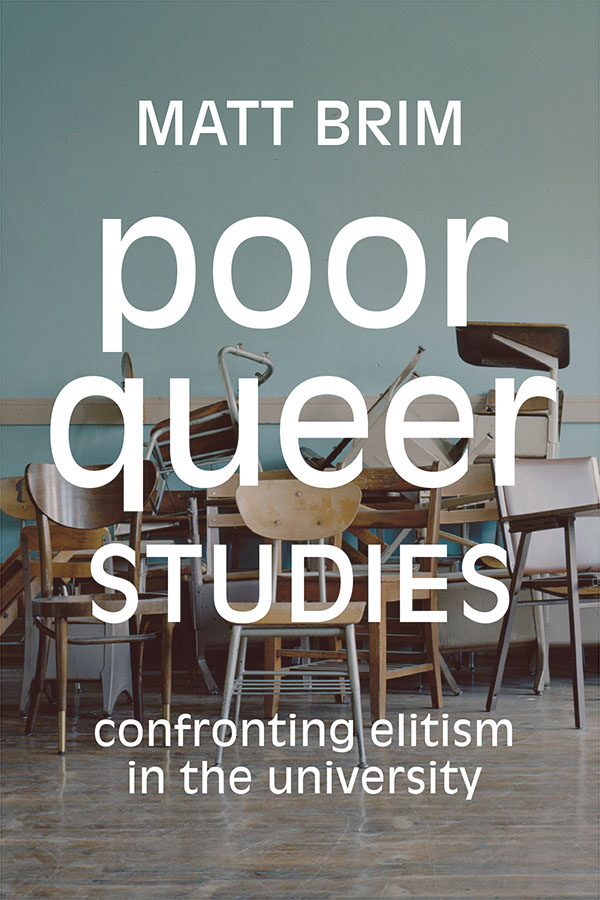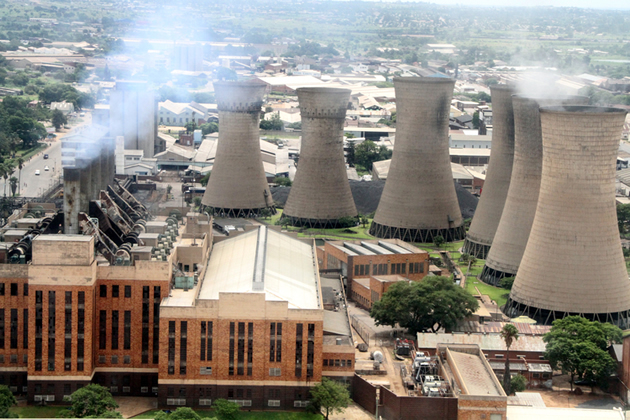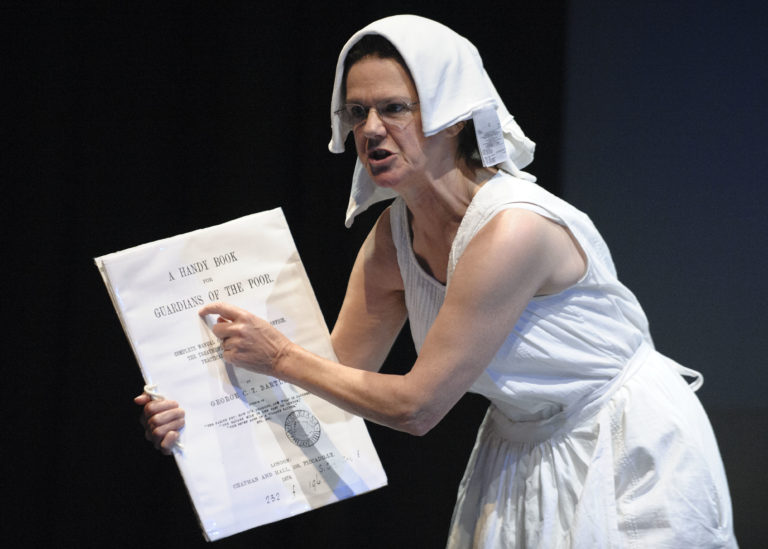The review focuses on the practical work of Poor Queer Studies. Rather than retheorize queer studies from the class perspective of “rich” and “poor,” Brim makes a case study of his work as a professor of queer studies at the College of Staten Island (CSI). Insisting on the particularity of his and his students’ relationship to queer studies, Brim makes an example of the work they do together in the classroom, and the ways they live their studies on public transit, at home with their families, and in their part-time jobs. This review questions the extent to which poor queer studies differs from the modern university’s reduction of all education to career-training. Brim’s praxis of poor queer studies is always undertaken with individual students in specific socio-economic circumstances—a particularity that makes it different than market-driven job-training. This review also raises questions about the general applicability of this case study. Would poor queer studies work elsewhere as it does at CSI? Berlant’s idea of exemplarity is helpful in answering this question. Unlike examples that confirm a norm, there are examples that change norms. Brim’s example of poor queer studies works to exemplarily change what counts as normal. Practically, this means no longer thinking of queer studies as operating without class distinction—and reclaiming part of the work of the discipline from seemingly classless rich queer studies at places like Yale and New York University.
Keyword: poverty
Producing Art in the Ruins of a Former Colonial Industrial Hub: Arts Practices in Bulawayo, Zimbabwe (2000–2017)
This paper, focusing on Bulawayo, the country’s second largest city and regarded as the country’s cultural capital city, seeks to critically interrogate the working conditions of creative artists and other content producers against the background of an imploding cultural landscape. The paper seeks to establish ways in which cultural workers in Bulawayo negotiate the “precarious conditions” under which they work as they are exposed to the informalization of their labour, wage squeezes, temporariness, uncertainty, and pernicious risks in their work (Standing 2011; 2014; Waite, 2008; Munck, 2011). Artists in Bulawayo, Zimbabwe’s second largest city and the country’s former industrial hub, face a harsh operating environment such that some have even quit their craft. Some of the artists interviewed have concluded that their (bare) lives are more important than the preoccupation of producing art as this has had a toll on their families. However, there still exists a handful of artists who continue to struggle against all odds with the hope of building a sustainable arts industry in the country’s second largest city.
Sing For Your Supper: Pauperism, Performance, and Survival
Come what may the house enables us to say: I will be an inhabitant of the world, in spite of the world.1 This essay presents a piece of performance research that brought together a theatre-maker/performer and a theatre researcher to explore the relationships between theatre and poverty. Our collaboration was just one part of a broader research project,…
L.U.N.G.S
LUNGS is an activist research project investigating pollution as a cause of diseases of poverty, first by interrogating how pollution information is collected and analyzed, and then by creating low-cost, remote-deployable pollution sensor kits to enable more informed decision-making in relationship to local, real-time pollution and health.


